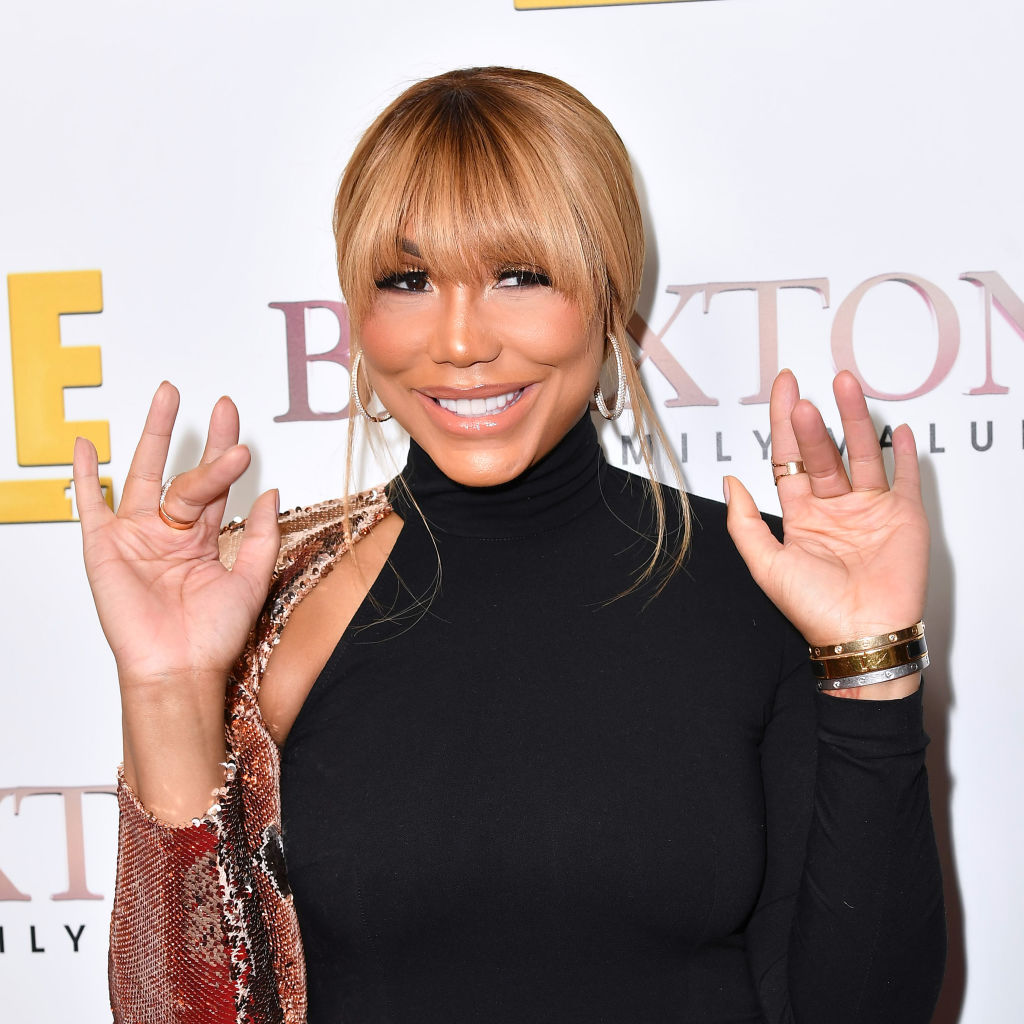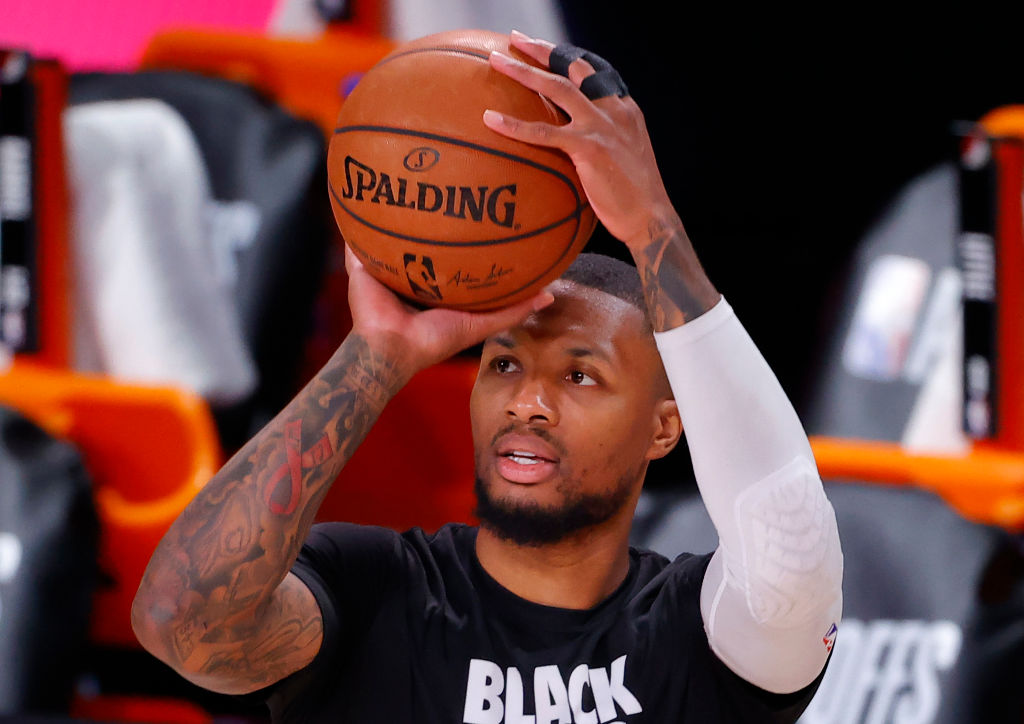The emotional reap from social media, where is the grace and compassion?
This week's episode of the 'Dear Culture Podcast' takes time to discuss why social media is the way it is with bullying, harassment, and the infamous trolling

Please be advised that we will be discussing sensitive topics such as mental health and suicide this episode. Please protect your peace as needed.
The NBA Playoffs have started up again and already drama has ensued. Portland Blazers star Damian Lillard is proving to be a “living example of letting-your-haters-motivate-you” to your best. Recently LA Clipper players Paul George and Patrick Beverely ridiculed Lillard online after missing two late shots and since then Dame’s been going off on the courts. Amidst this seemingly light drama, R&B legend, Tamar Braxton, attempted suicide over her strained relation with WE Tv who’ve been said to have racist business practices by hip hop mogul Damon Dash.
Read More: WE tv delays Tamar Braxton’s reality show after suicide attempt
Feeling as though they weren’t representing her correctly and often receiving both praise and ridicule for her big personality, the opinions of others led Braxton to a breaking point. Sometimes folks rise above the hateration and other times the weight of critique sits heavy, that’s why this week on The Dear Culture Podcast hosts Gerren Keith Gaynor and Mariel Turner discuss the emotional repercussions of social media and online bullying. By asking this week, “Dear Culture, Is social media’s dragging culture even more dangerous these days.”

“I’m not above failure, team’s gonna talk trash. Shots being fired in my direction, I’m going fire back fast.” says Damian Lillard.
Whether basketball players or reality stars, human beings require care. From a light jest to hardcore roast, not all opinions are fair and equal. Especially when it comes to individuals in the limelight, often folks don’t think twice about the person behind the big stage personality. Though criticism is a fair game to play, what often takes the seat is trolling aka online harassment. Especially being Black online, it’s important to remember criticism and ridicule often comes with various forms of racism.
“We consume their art and watch them on TV, and we think we have a right to say what we think about them, we don’t think about the repercussions on how that impacts them on an emotional and spiritual level.” says Managing Editor Gerren Keith Gaynor.
When you’re hurting and you don’t know why, you have to go within and listen to your inner voice. theGrio’s Entertainment Director, Cortney Wills interviewed Emmy-award winning journalist and TV personality Mike Hill on his memoir, Open Mike, where he lays down his perspective on dealing with depression and digging yourself out of one’s own proverbial mind hole.
“Continue to man up, eventually is gonna be man down. If you don’t get the help you need.” says Mike Hill.
Read More: Meghan Markle says online bullying was ‘almost unsurvivable’
Within the Black community, sometimes emotions and mental health is not given it’s apt due for numerous reasons varying from gender to “it simply doesn’t exist.” However, when “tears come out for no reason” as Mike Hill experienced, it’s critical to make space for why you’re feeling pained and yet cannot explain.
It’s no doubt that the Black community is a strong community, everywhere in the diaspora. But on the flip side of strength is tenderness. To always put on a brave face is a face that isn’t completely true. Black people cry and that’s very much okay. We can howl, scream, and be confused too, it’s the prerogative of the soul.
Tune in Dear Culture, the smart, reliable Black news podcast. Now streaming on Apple Podcast, Spotify, and Stitcher.
TheGrio is now on Apple TV, Amazon Fire, and Roku. Download theGrio today!
